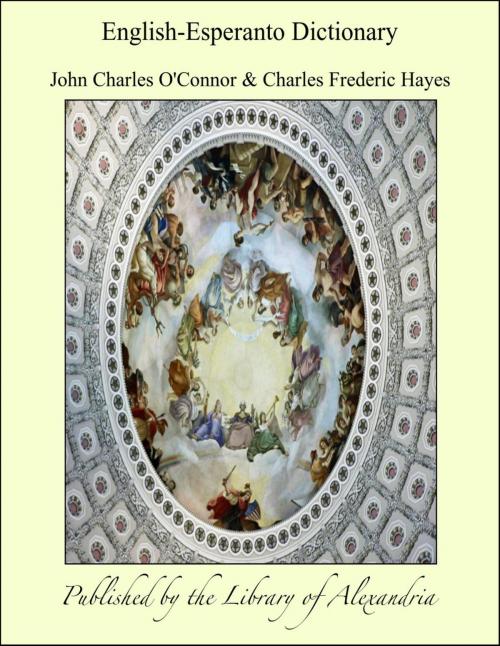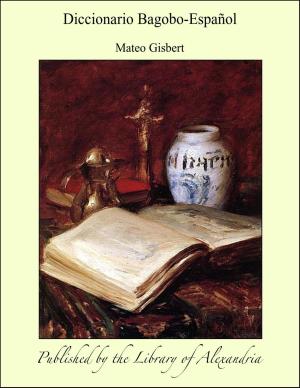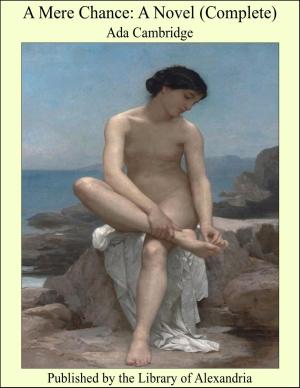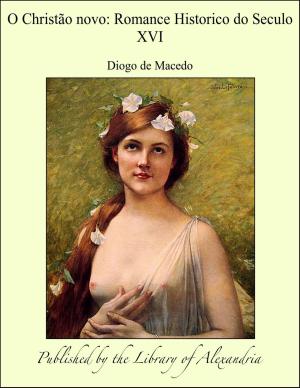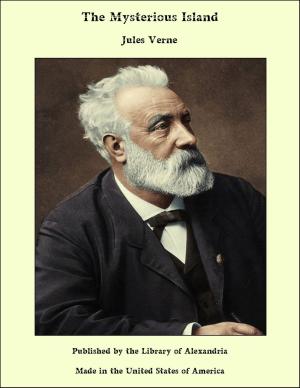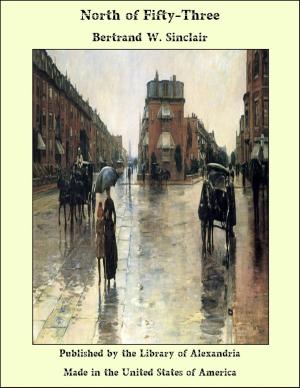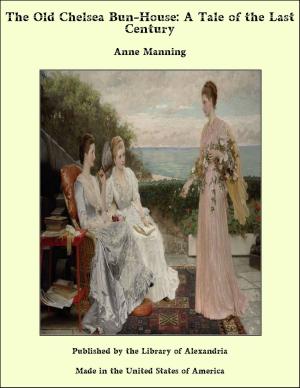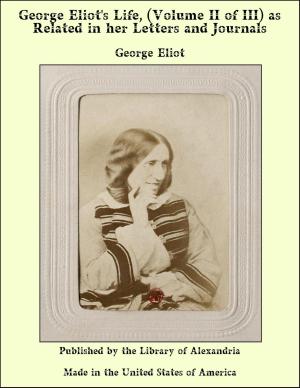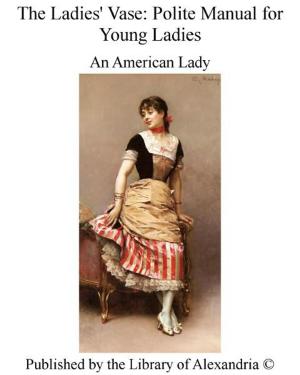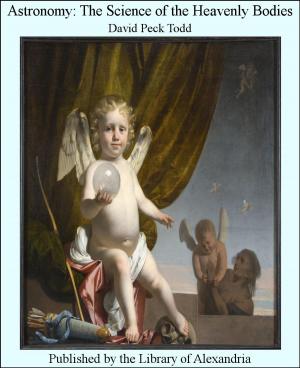English-Esperanto Dictionary
Nonfiction, Religion & Spirituality, New Age, History, Fiction & Literature| Author: | John Charles O'Connor | ISBN: | 9781465571601 |
| Publisher: | Library of Alexandria | Publication: | March 8, 2015 |
| Imprint: | Language: | English |
| Author: | John Charles O'Connor |
| ISBN: | 9781465571601 |
| Publisher: | Library of Alexandria |
| Publication: | March 8, 2015 |
| Imprint: | |
| Language: | English |
The larger Dictionary is in course of preparation, though some time must necessarily elapse before its publication. For this the collaboration and counsel of the most eminent continental Esperantists have been secured. We shall be extremely grateful to those who use the present work for any suggestions that may render it more useful, in the event of a second edition being required, and also that the larger Dictionary may receive the benefit of such suggestions. (Any such suggestions may be sent to J. C.O'Connor, B.A., Esperanto House, St. Stephen's Square, Bayswater, W.; or to C. F.Hayes, Fairlight, 48, Swanage Road, Wandsworth, S.W.) It is to the interest of all loyal Esperantists to do what they can in anything that may help to extend the scope of this marvellous language, which our revered master has so generously given to the world. We take this opportunity of tendering our very sincere thanks to Dr. Zamenhof for the invaluable assistance he has given us during the preparation of this little work, as well as for his aprobita of it; and at the same time we acknowledge our indebtedness to M. A. Motteau (Author of the Esperanto-English Dictionary) for his careful revision of the proof sheets, and for the many useful suggestions which his thorough knowledge of Esperanto enabled him to give. Particular attention must be given to the fact that it is to the root of a word that the prefixes and suffixes are added. When it is stated that the final letter "i" indicates the infinitive, the letter "o" the noun, the letter "a" the adjective, the letter "e" the adverb, the letter "j" added to form the plural, etc., the pronouns "mi", "li", "vi", etc., do not interfere with the statement, for they are complete words; the letters "m", "l", and "v" are not roots. The word "do" is not a noun, because "d" is not a root. The word "plej" is not a plural, because "ple" is not a root. The word "meti", to put, has nothing to do with the diminutive suffix "et", because "m" is not the root. The reader of this Dictionary will see to which part of speech the English word belongs, by looking at the ending of the Esperanto translation of the word
The larger Dictionary is in course of preparation, though some time must necessarily elapse before its publication. For this the collaboration and counsel of the most eminent continental Esperantists have been secured. We shall be extremely grateful to those who use the present work for any suggestions that may render it more useful, in the event of a second edition being required, and also that the larger Dictionary may receive the benefit of such suggestions. (Any such suggestions may be sent to J. C.O'Connor, B.A., Esperanto House, St. Stephen's Square, Bayswater, W.; or to C. F.Hayes, Fairlight, 48, Swanage Road, Wandsworth, S.W.) It is to the interest of all loyal Esperantists to do what they can in anything that may help to extend the scope of this marvellous language, which our revered master has so generously given to the world. We take this opportunity of tendering our very sincere thanks to Dr. Zamenhof for the invaluable assistance he has given us during the preparation of this little work, as well as for his aprobita of it; and at the same time we acknowledge our indebtedness to M. A. Motteau (Author of the Esperanto-English Dictionary) for his careful revision of the proof sheets, and for the many useful suggestions which his thorough knowledge of Esperanto enabled him to give. Particular attention must be given to the fact that it is to the root of a word that the prefixes and suffixes are added. When it is stated that the final letter "i" indicates the infinitive, the letter "o" the noun, the letter "a" the adjective, the letter "e" the adverb, the letter "j" added to form the plural, etc., the pronouns "mi", "li", "vi", etc., do not interfere with the statement, for they are complete words; the letters "m", "l", and "v" are not roots. The word "do" is not a noun, because "d" is not a root. The word "plej" is not a plural, because "ple" is not a root. The word "meti", to put, has nothing to do with the diminutive suffix "et", because "m" is not the root. The reader of this Dictionary will see to which part of speech the English word belongs, by looking at the ending of the Esperanto translation of the word
